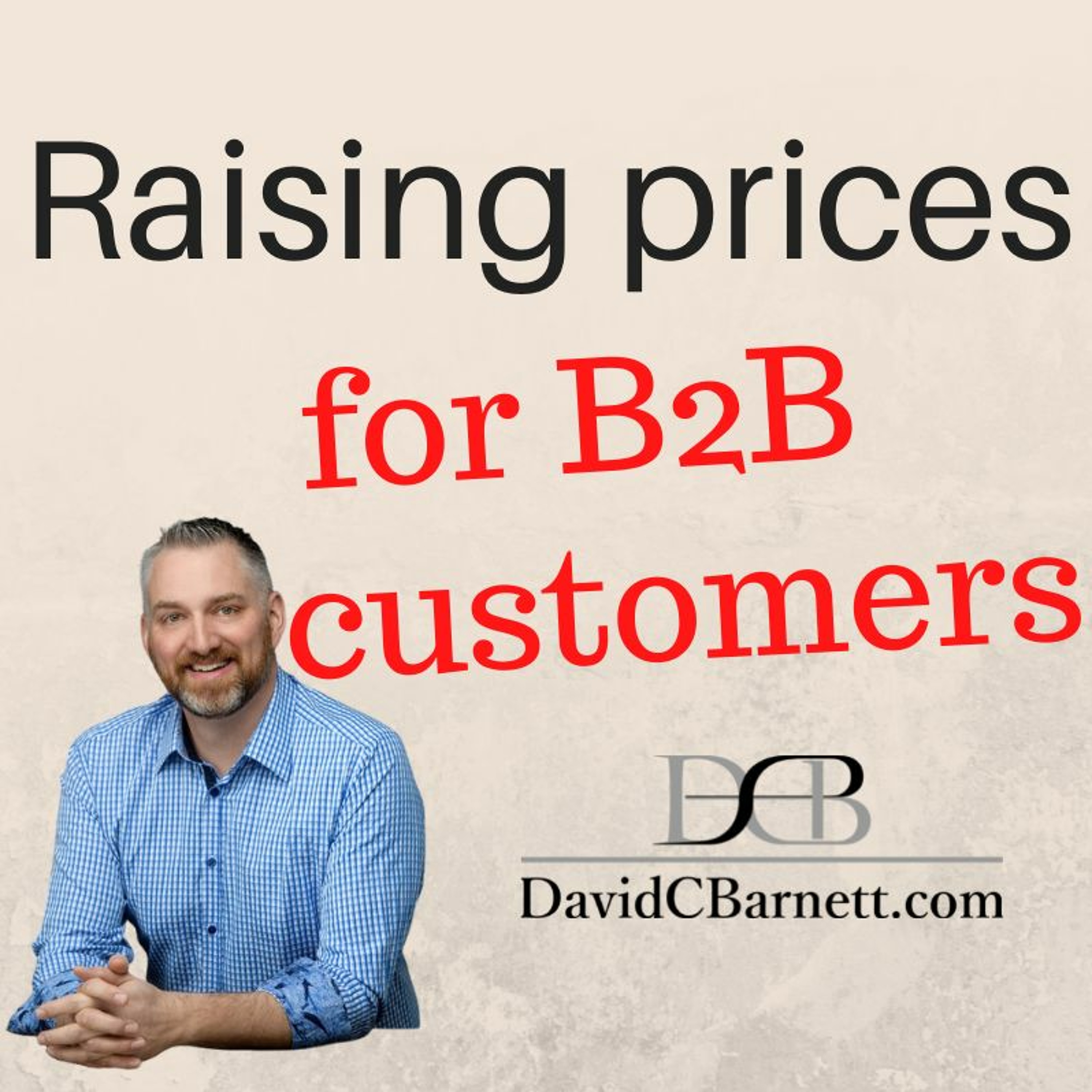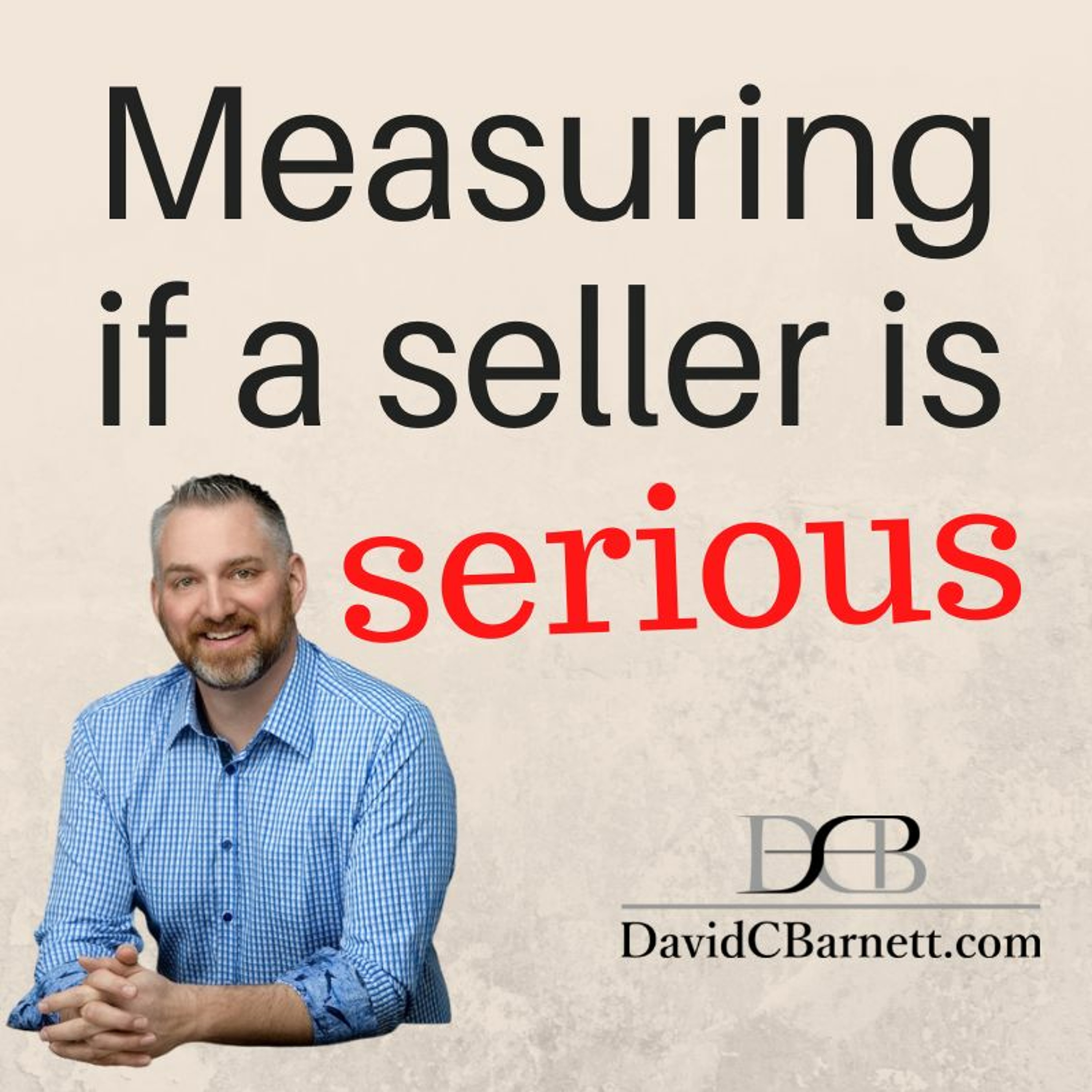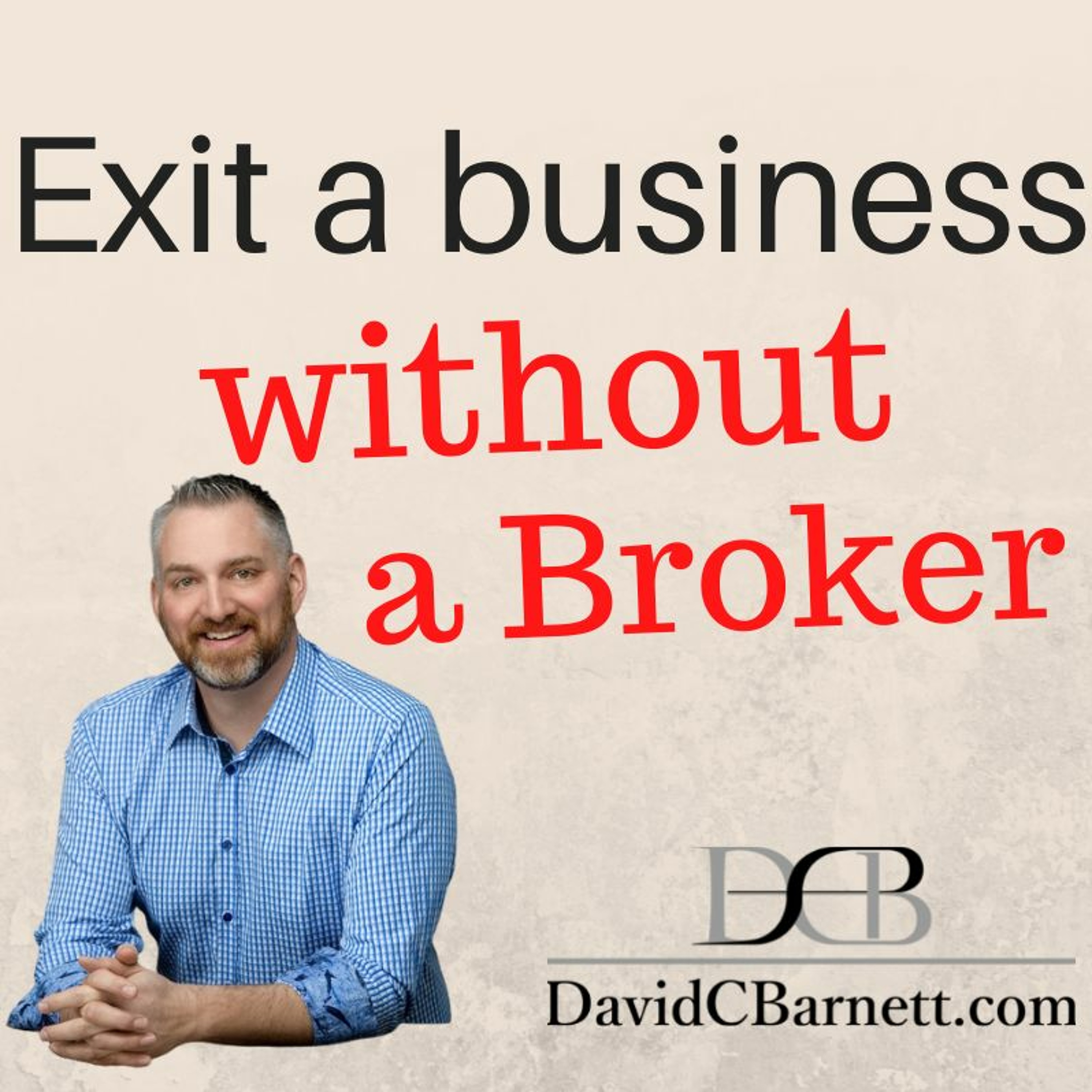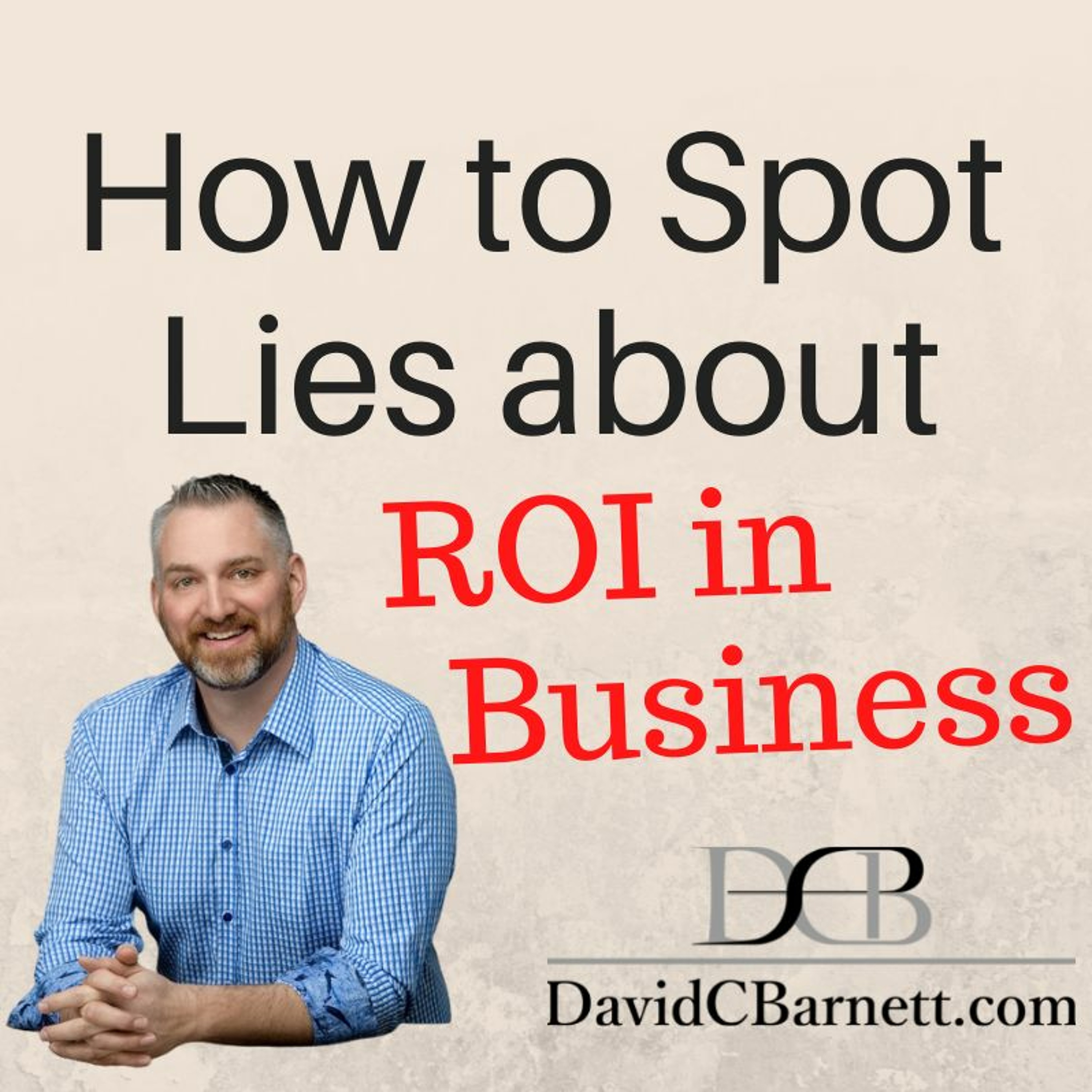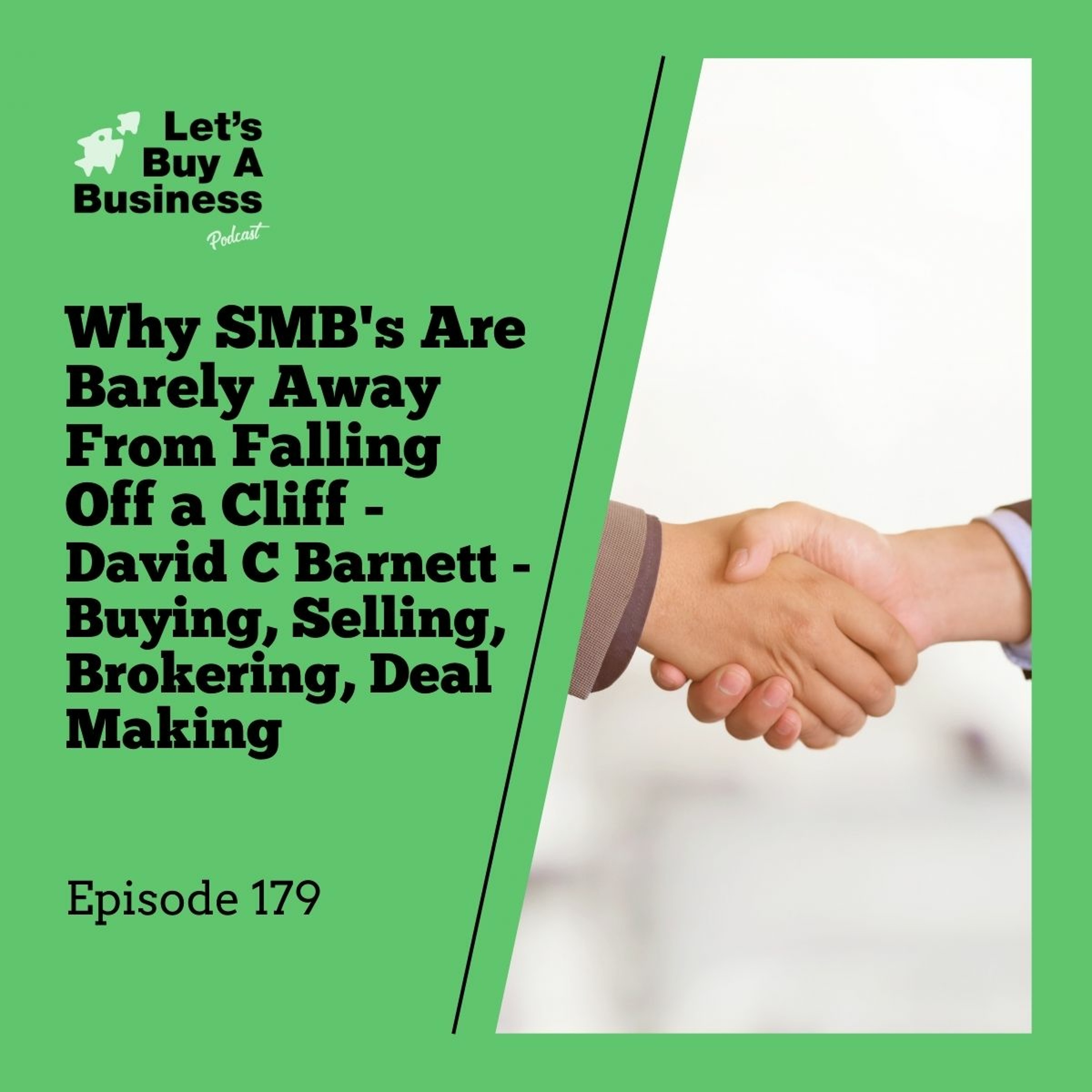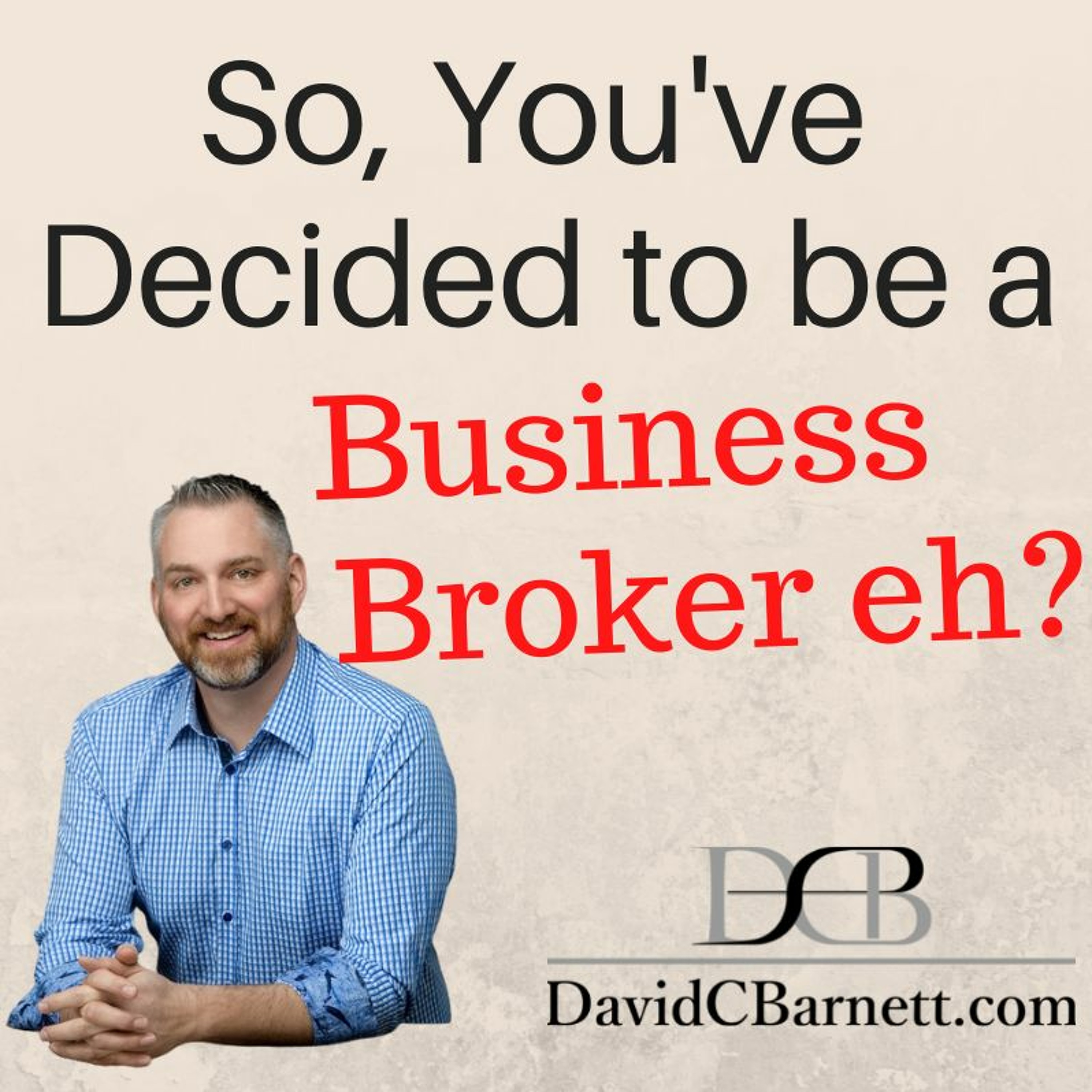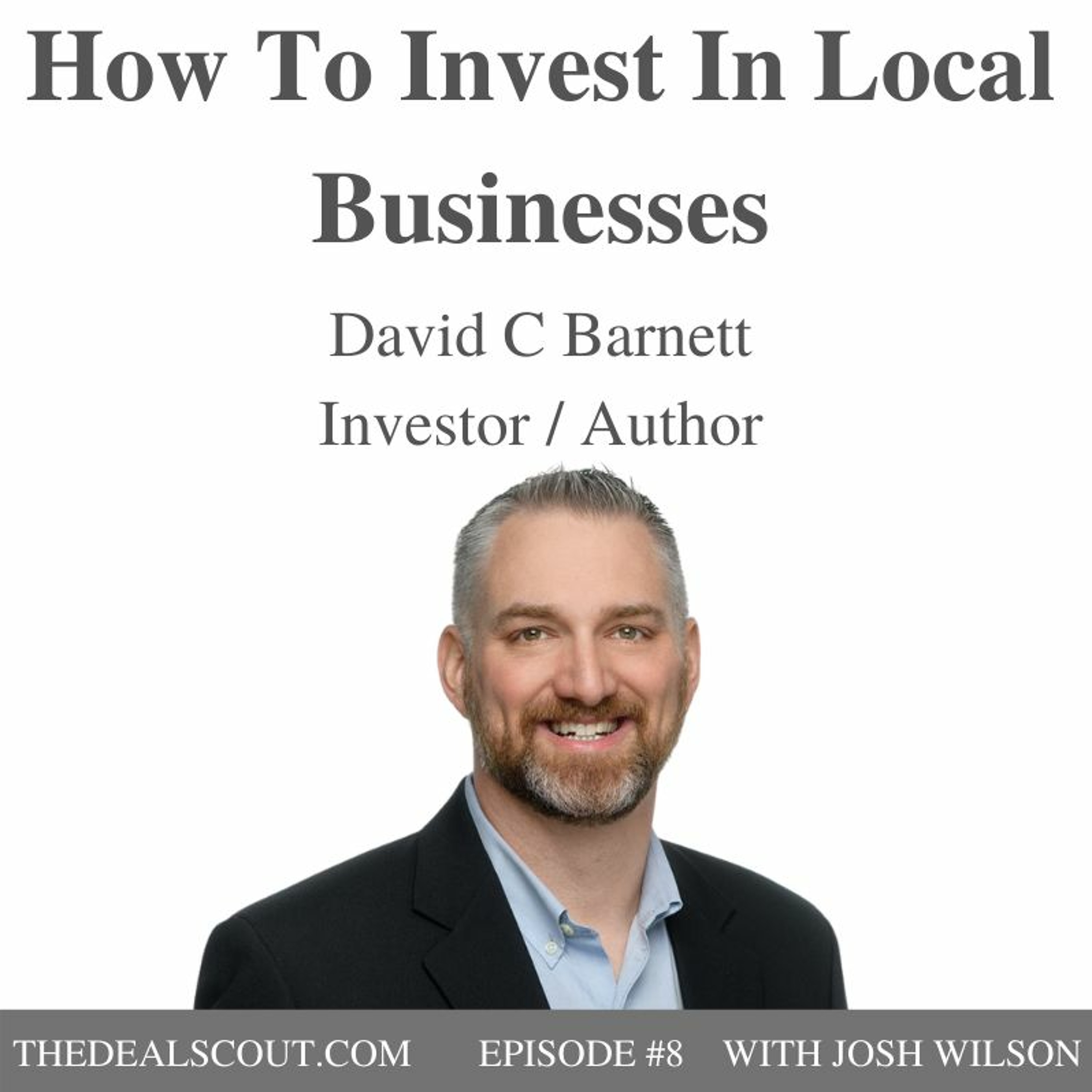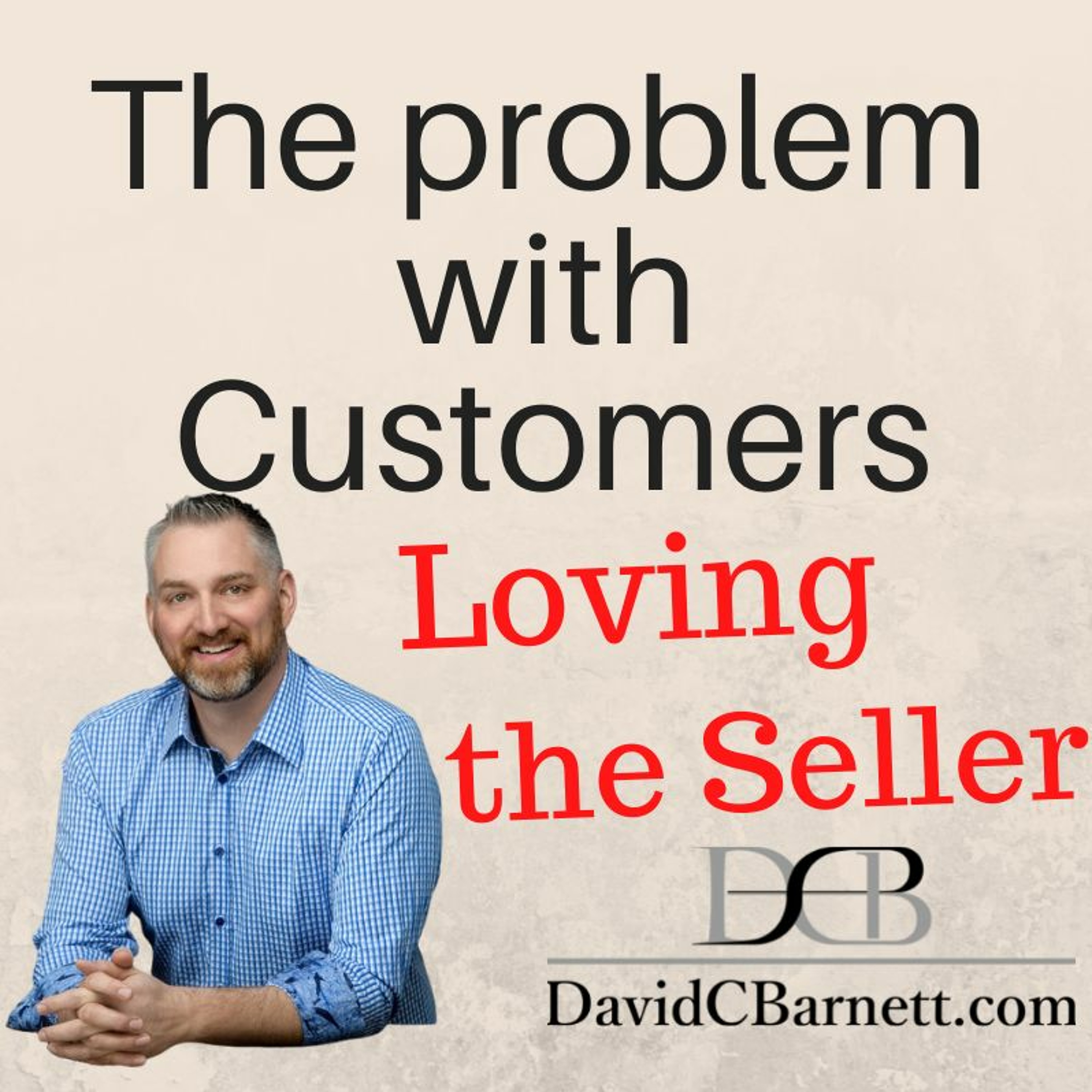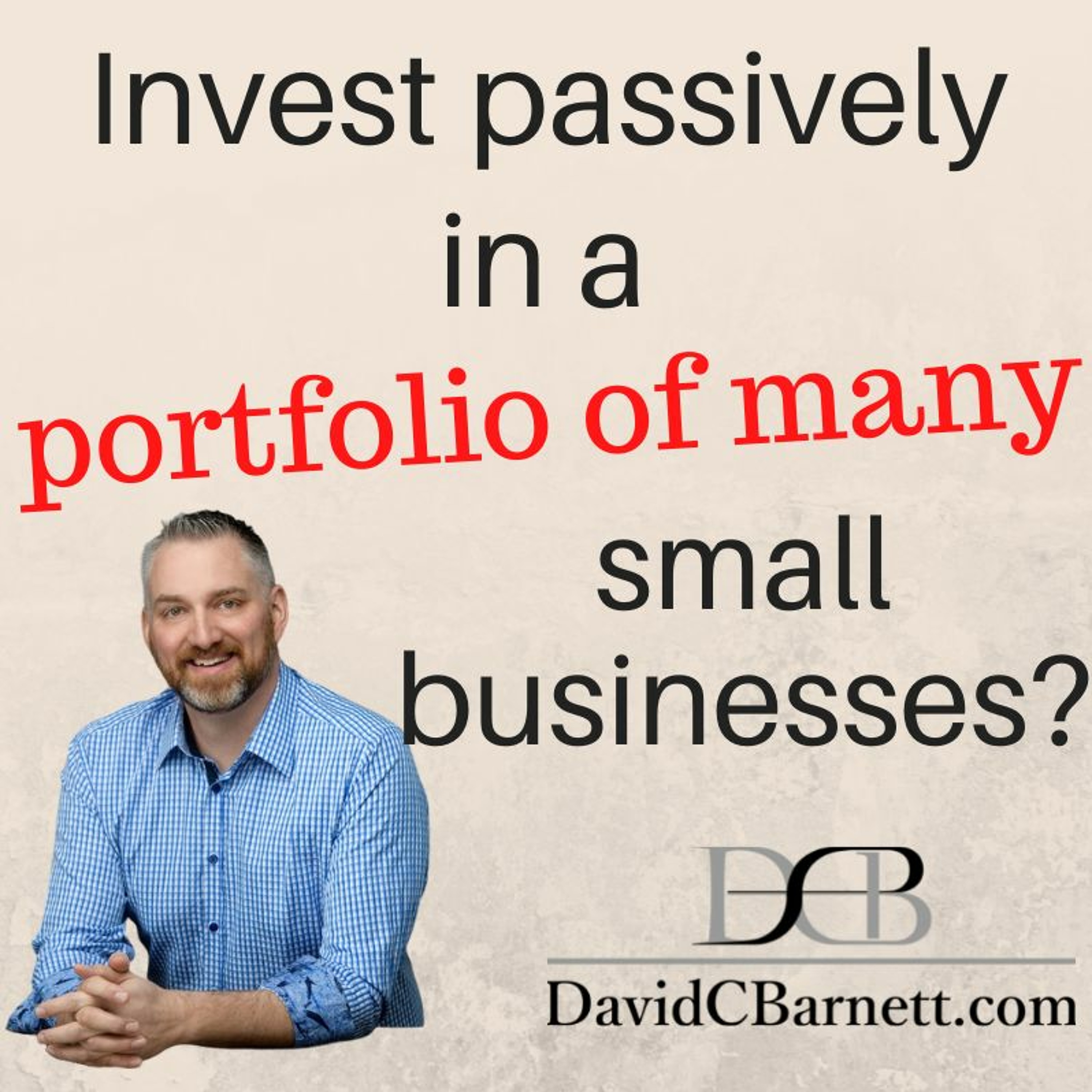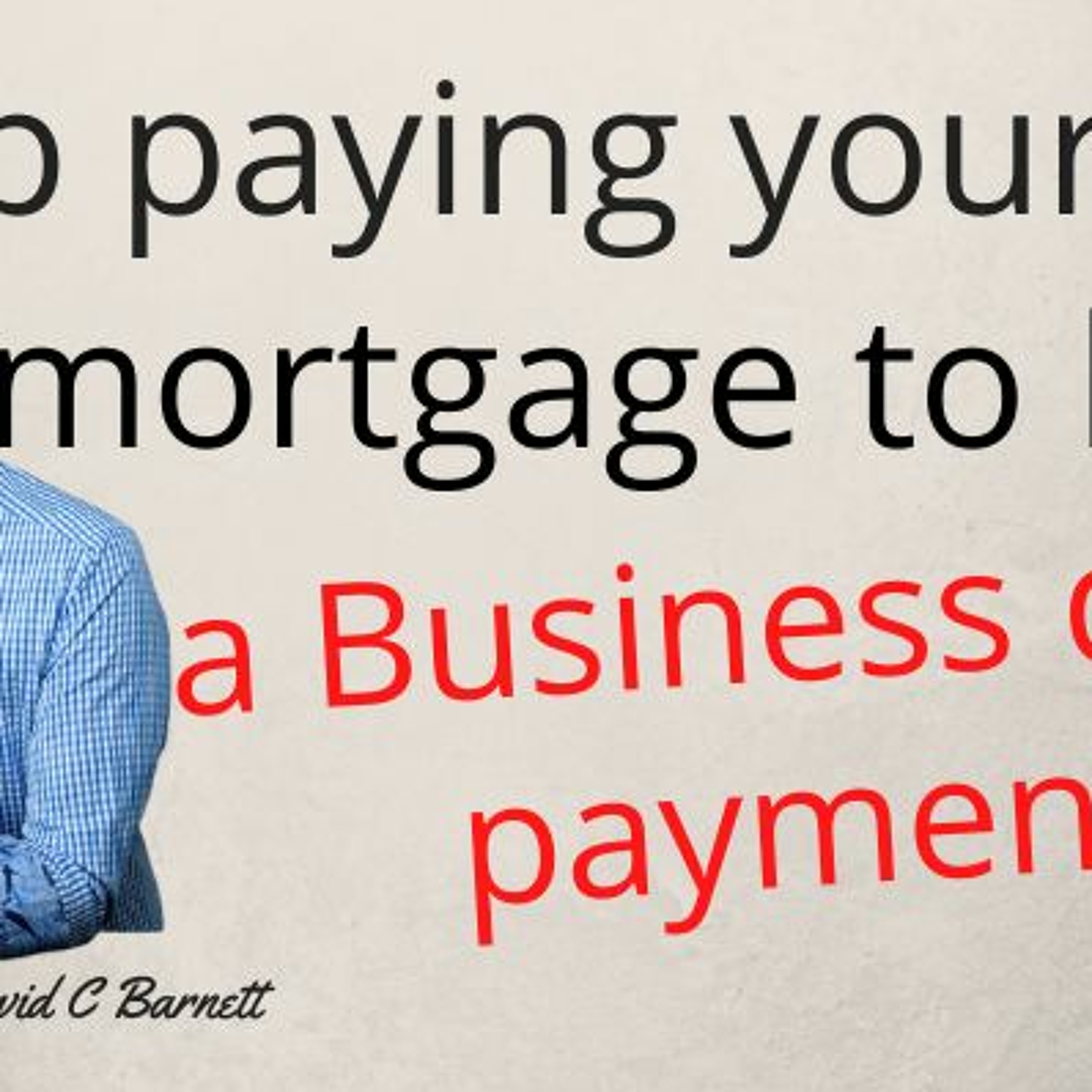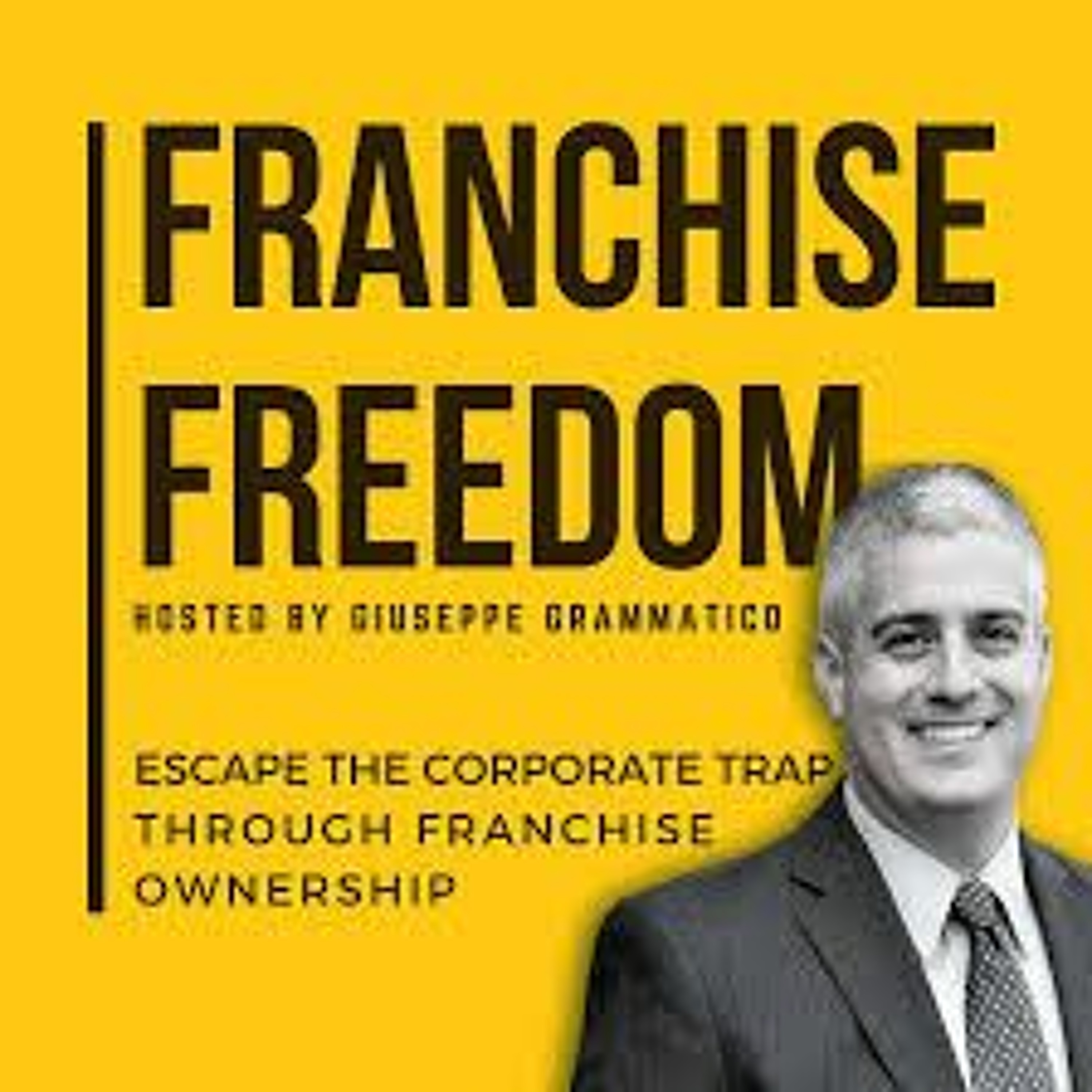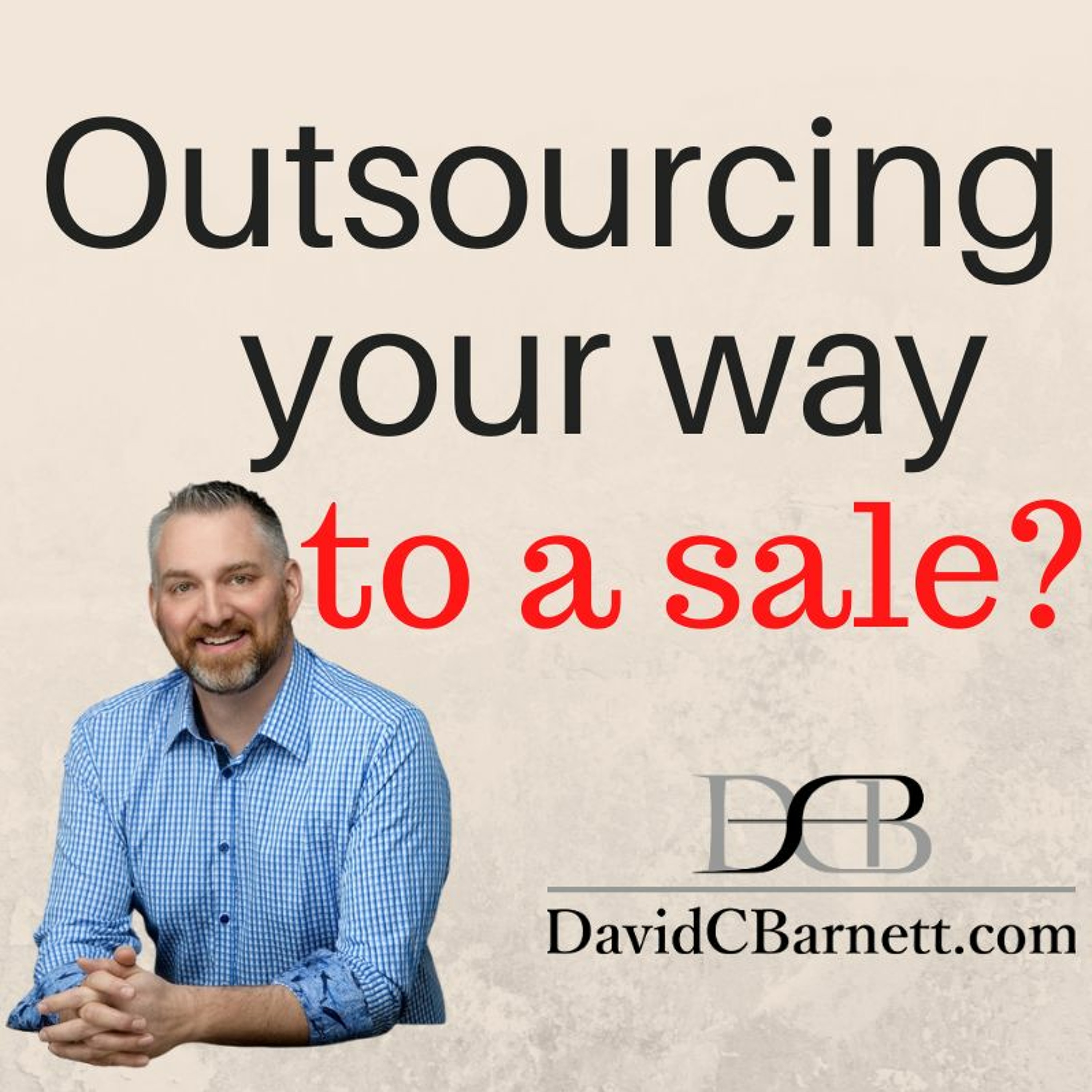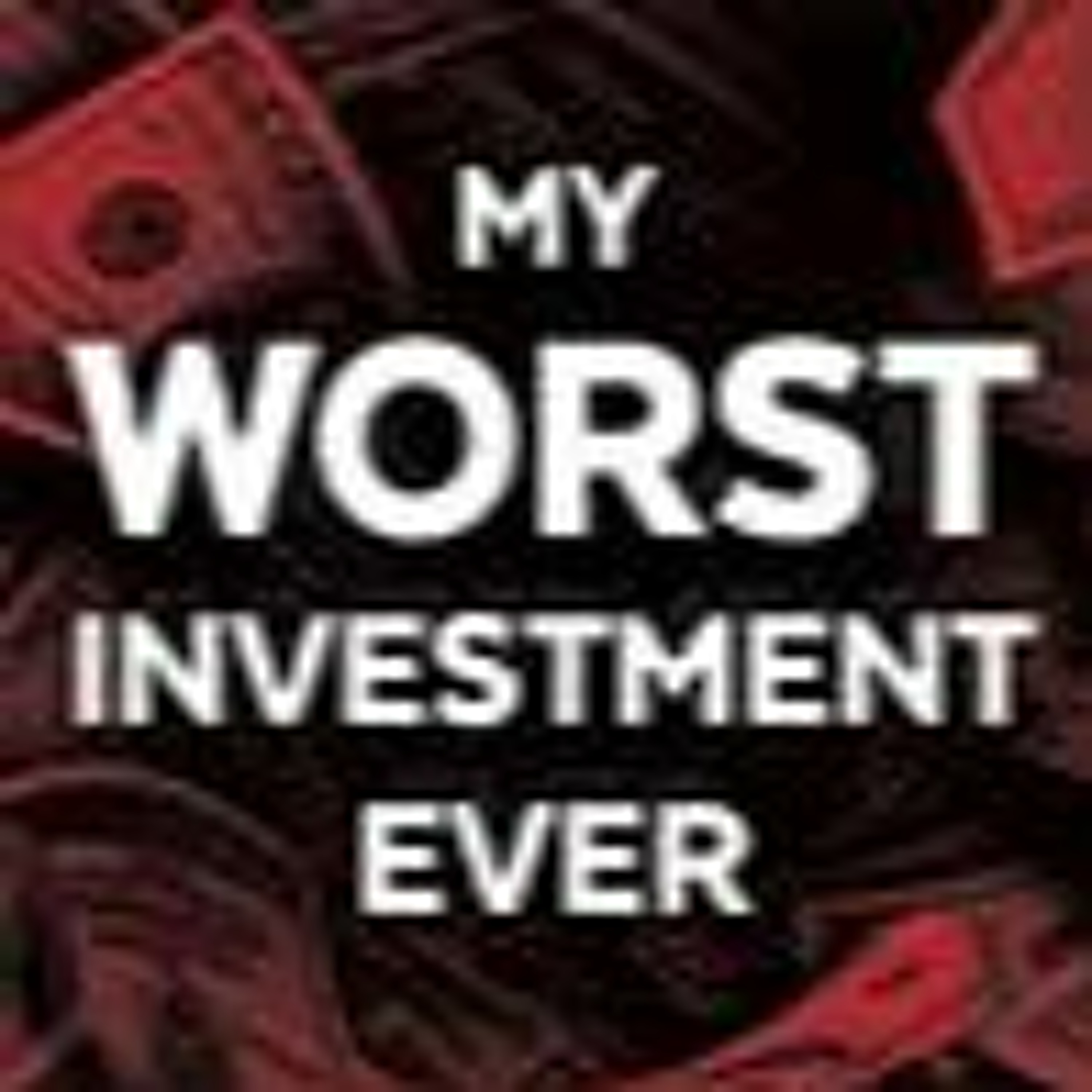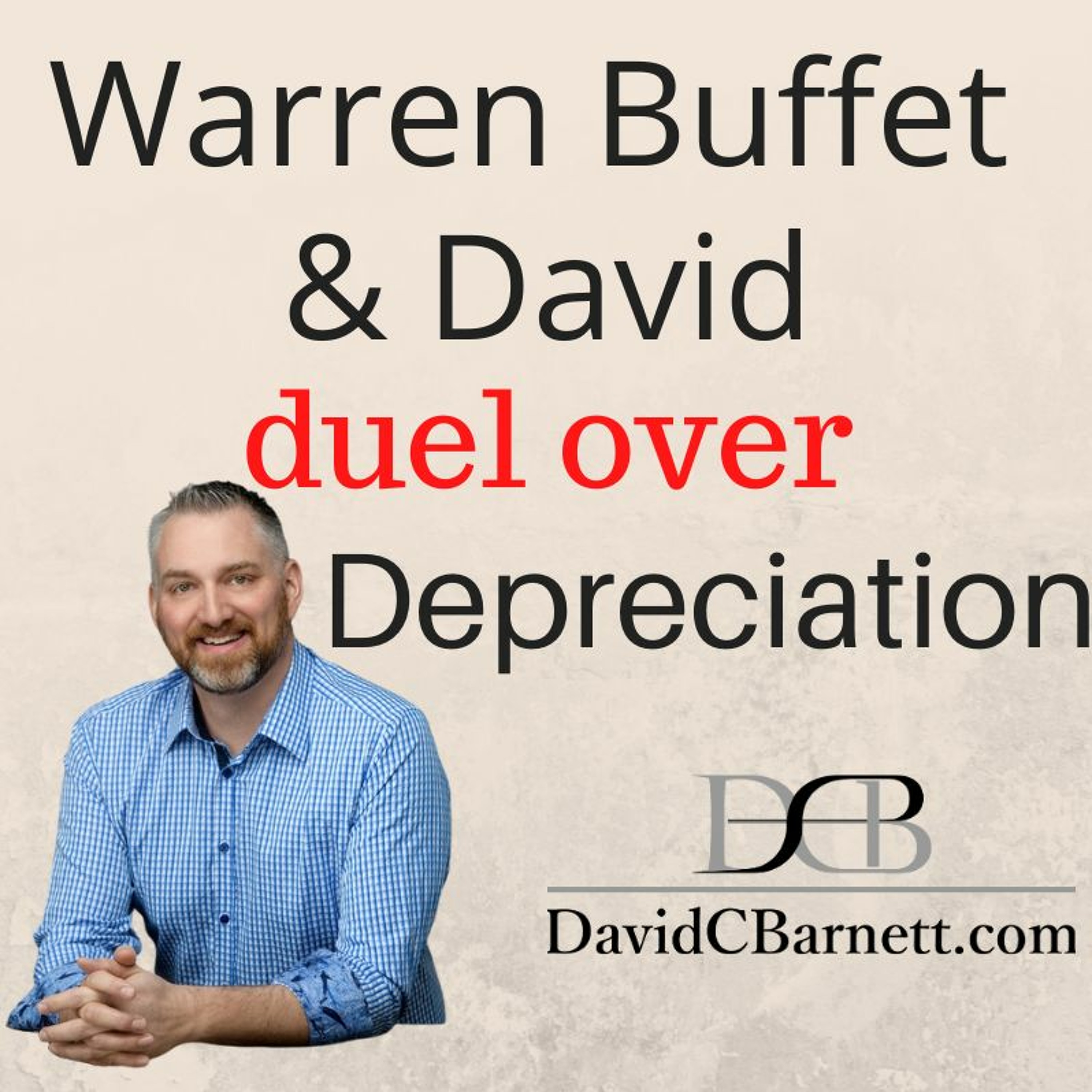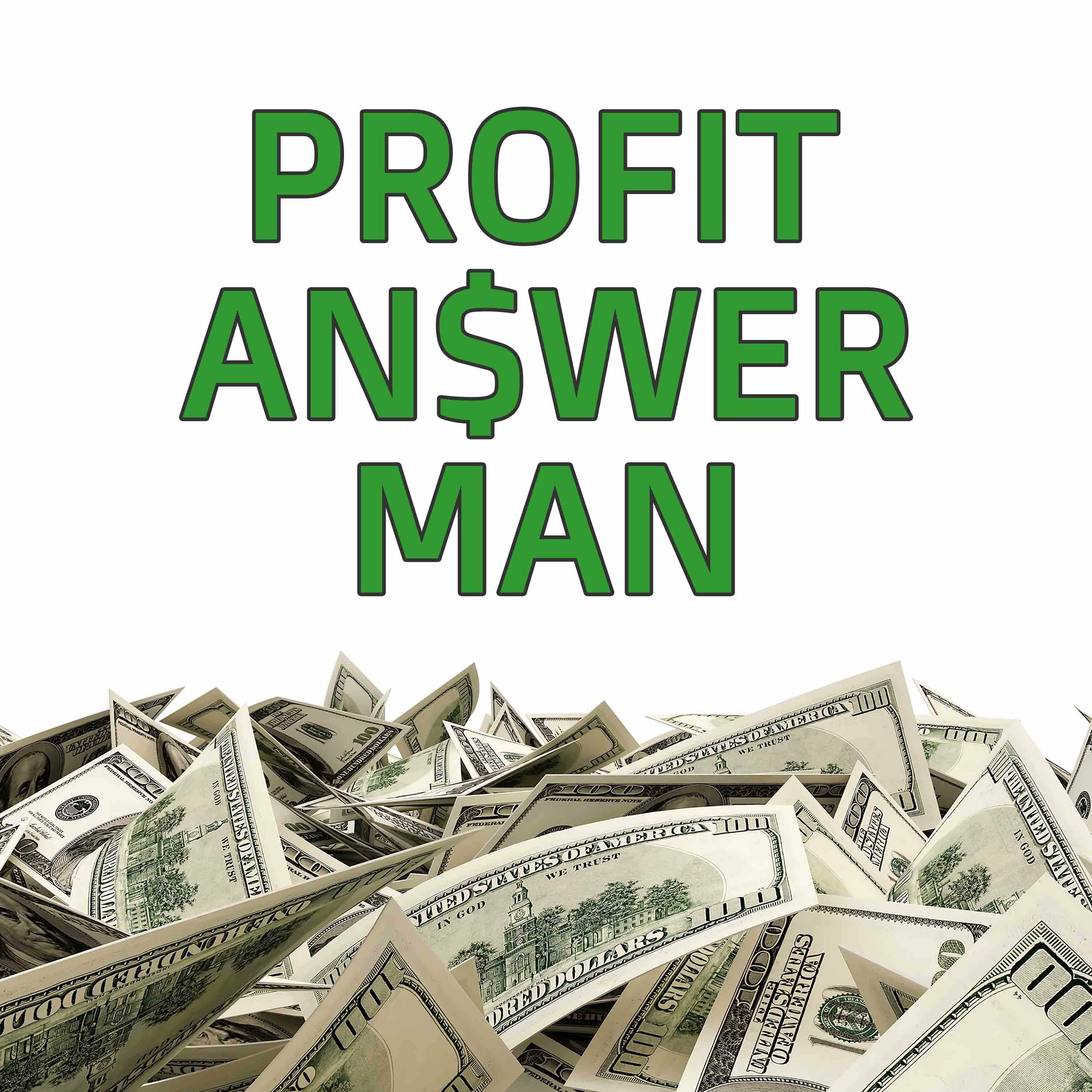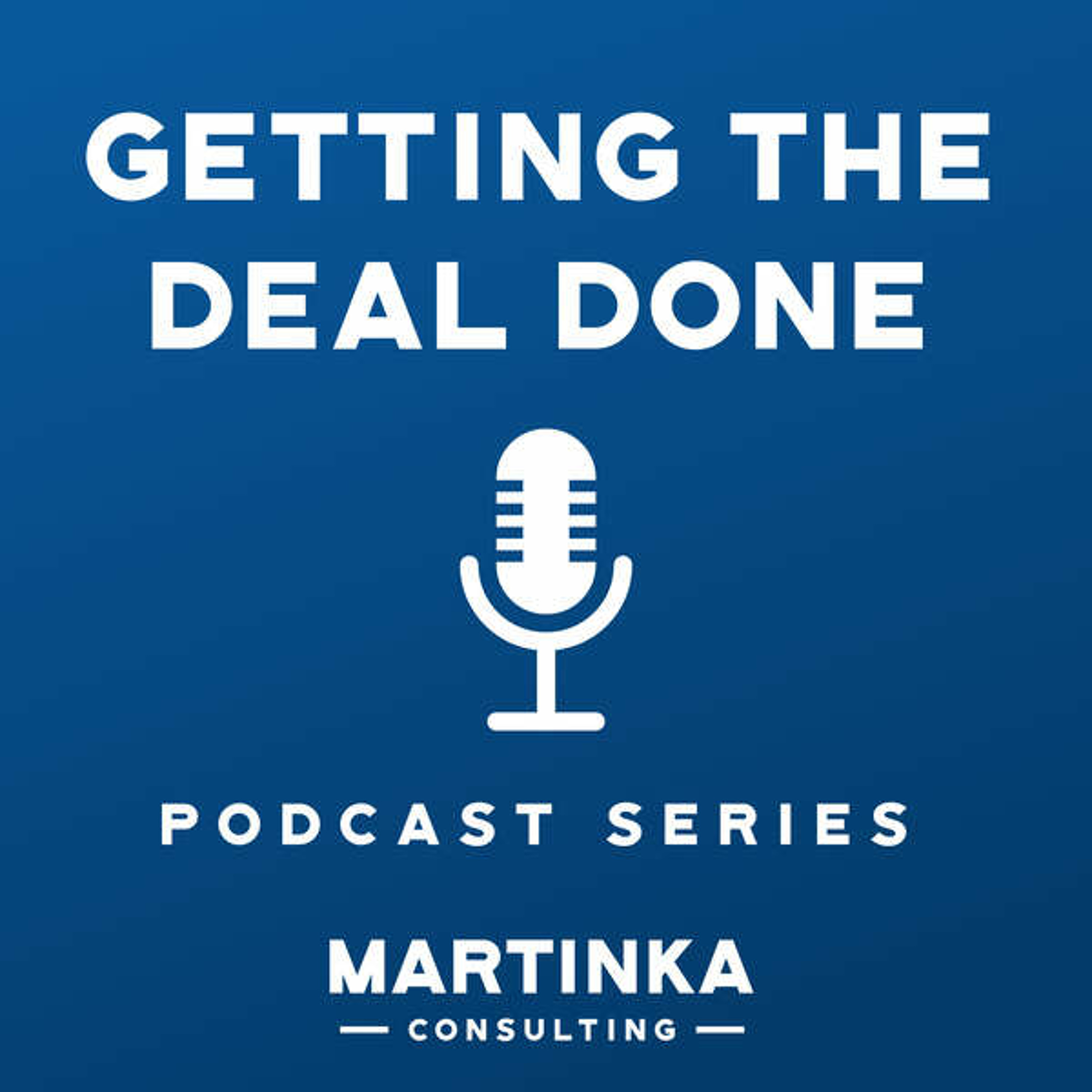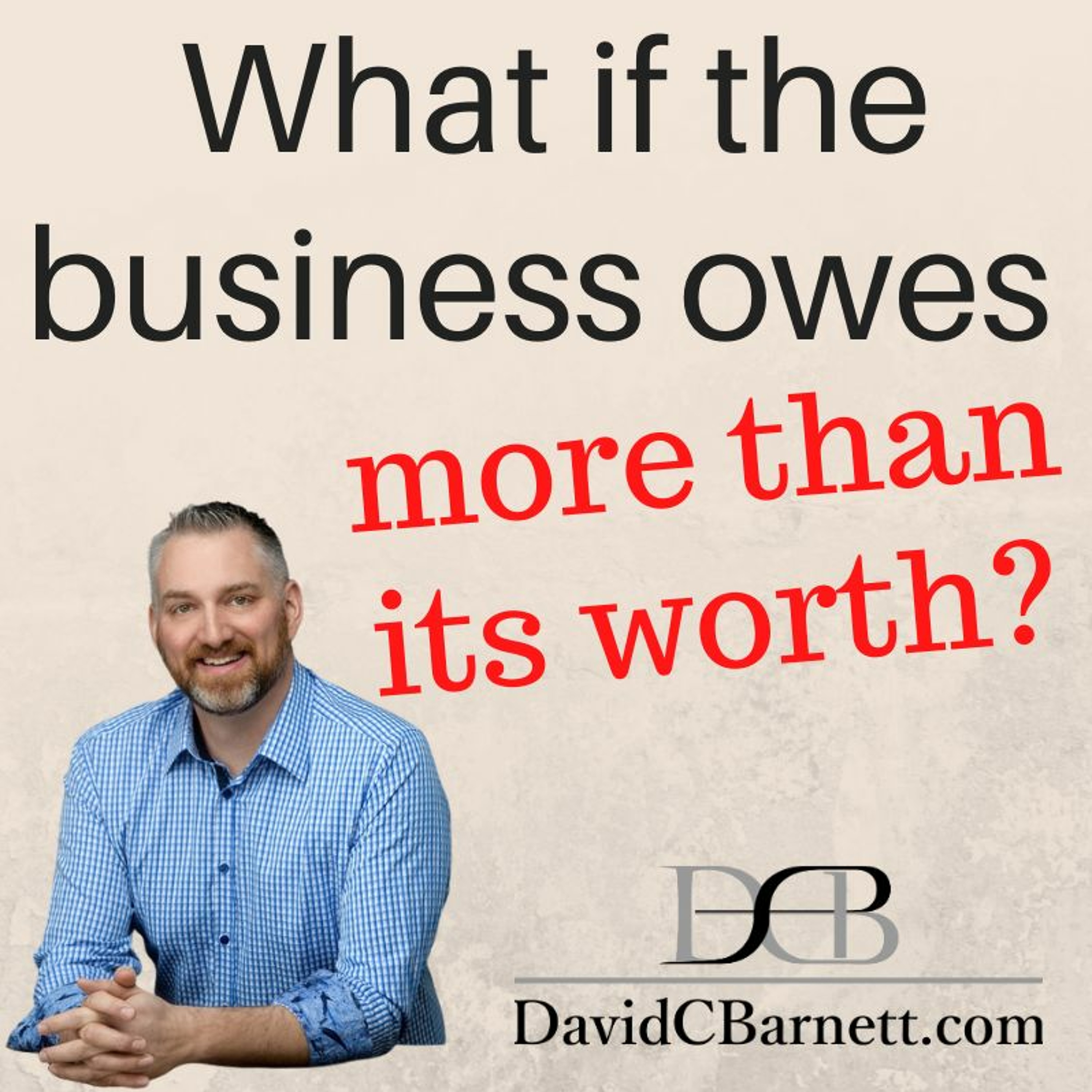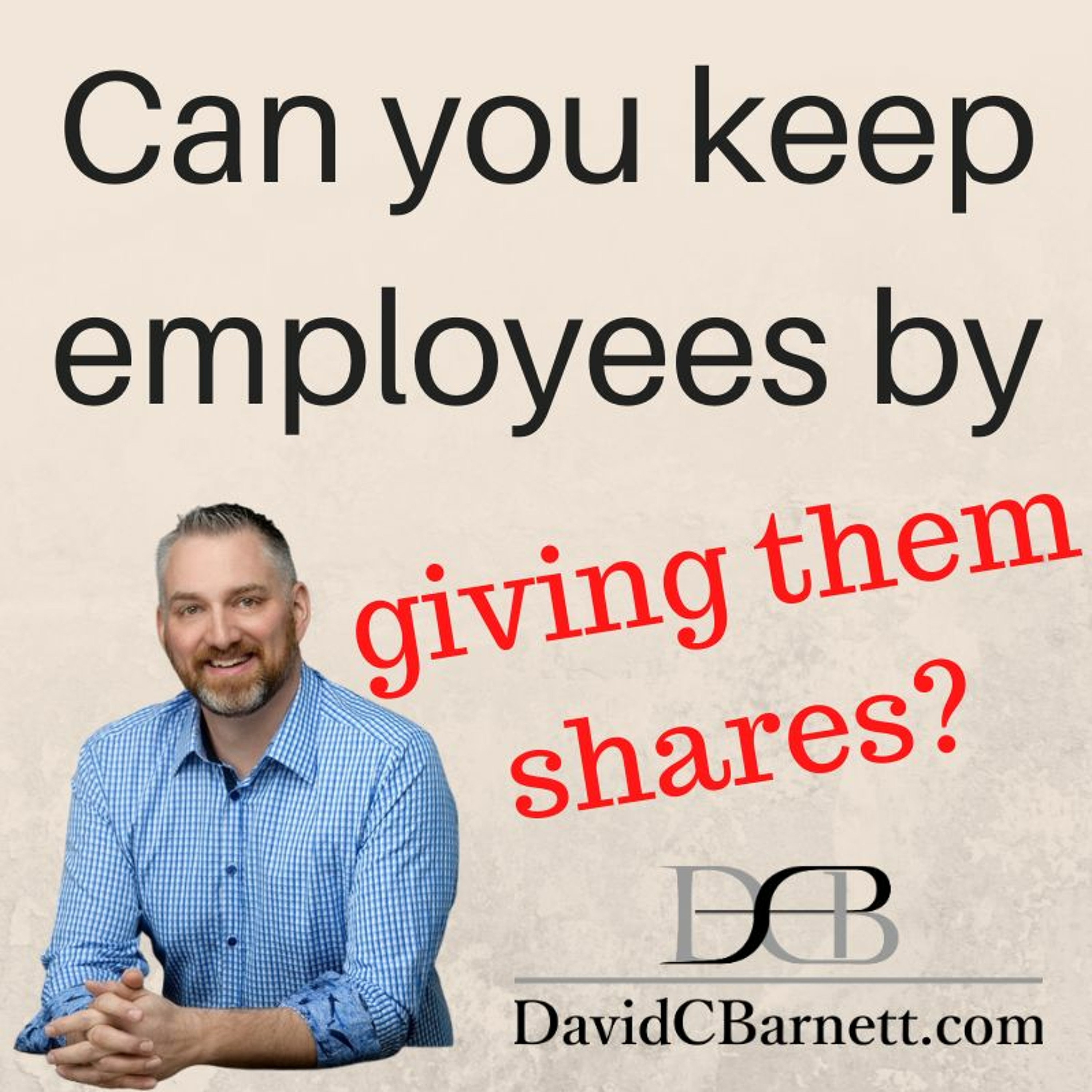Mwie - Interview - With - David - Barnett - Avoid - These - 21 - Common - Mistake
Andrew Stotz was kind enough to have me on his show to talk about some of the ideas in my book; 21 Stupid Things People Do When Trying to Buy a Business.
Here are his original show notes:
--------------------------------------------------
Quick take
BIO: David Barnett is the author of 21 Stupid Things People Do When Trying To Buy a Business. Presently he works as a private transaction advisor with people buying or selling a business.
STORY: We get a preview of his book as he takes us through the top 5 stupid mistakes people make when buying a business.
LEARNING: David shares a host of lessons for people trying to buy a business.
“If something looks like a really good deal and you don’t know about that industry, ask yourself why isn’t somebody else in this industry picking up this company.”
David Barnett
Guest profile
David Barnett loves to say that it took him 10 years to un-learn what he was taught in business school. University had trained him to be a middle manager in big enterprises, and he was unprepared for the realities of small business.
After a career in advertising sales, David started several businesses, including a commercial debt brokerage. Helping to finance small and medium-sized businesses led to the field of business brokerage. Over several years, he sold dozens of businesses for others while also managing his own portfolio of income properties and starting his career as a local private investor.
David regularly consults with professionals and banks on business and asset values. Presently he works as a private transaction advisor with people around the world who are buying or selling a business. Find him at Davidcbarnett.com.
Worst investment ever
In this episode, we will jump straight to the top five stupid mistakes that people make when buying a business, as explained in David’s book 21 Stupid Things People Do When Trying To Buy a Business: Learn how to avoid these awful novice mistakes. Then we will look at some of the things that Andrew takes away from the interview.
Lessons learned
1. Failing to understand how businesses are valued
A lot of small business owners and potential buyers do not understand that it is not the business that is being bought or sold; it is the cash flow. So when purchasing a company, find out how much cash flow it is generating, then ask yourself as a buyer, what are you willing to pay for that cash flow, given your ability to run the business.
Also, when looking at growth opportunities, while there could legitimately be an opportunity, do not pay the seller for it because you are the one that has to do the work to deliver the result, not the seller.
2. Failing to account for the value of the buyer’s labor
Most people will be very optimistic about a business’s cash flow, and they will not put a high enough price on their own time when they are examining the business.
3. Failing to account for the value of capital
People always forget that they need a return on the cash they put in the deal. When you put money that you have saved up over years or decades into an acquisition, you need to get an adequate rate of return on that equity you have put in.
4. Overcommitting projected free cash flow to debt service
Go for a business with a much greater debt service coverage ratio because the last thing you want is a cash crunch that bleeds out your free money.
5. Failing to adjust for operating capital
Many small business owners are experts at what they are doing, but they are not financial professionals. So they fail to generate optimized balance sheets.
Andrew’s takeaways
Cashflow growth depends on your effort, not the seller
When you buy a business, you buy two things; the existing cash flow and growth in that cash flow. So your job is to keep that cash flow growing.
Focus on the net profit
While other metrics can be helpful, net profit gets straight down to the bottom line.
 Sign in
Sign in Sign in
Sign in Sign in
Sign in